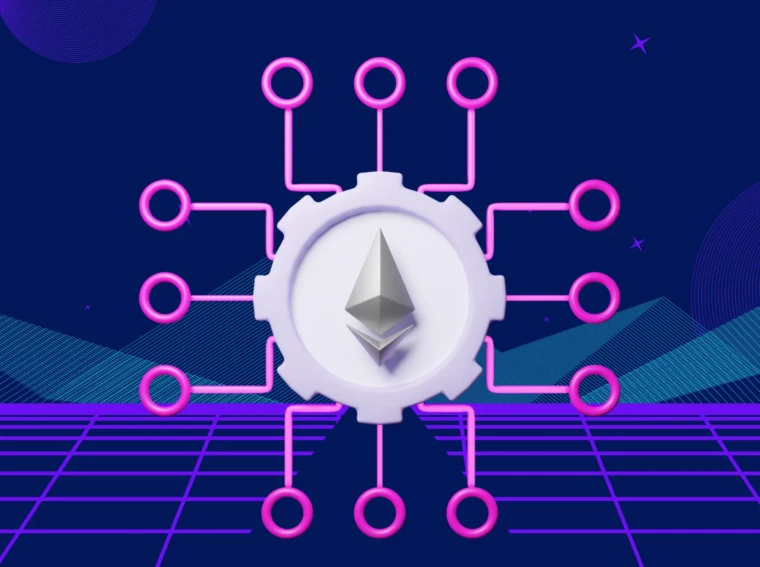- Running node is basically running client software on your computer.
- Running nodes provide privacy, security and sovereignty.
What does it mean to run a node?
- Run Software
The first important aspect of running a node is known as running the software in which users need to download a copy of the whole Ethereum blockchain; this is done with the help of the software called the client. After downloading the full blockchain. The second thing that a node operator needs to do is to keep the blockchain up-to-date with new blocks and transactions, this also helps others to update their own copy of the blockchain.
- Setting up Hardware
To run a node the node operator needs a computer with basic specifications. Before the shifting of Ethereum from proof of work to proof of stake. Miners need to put a lot of energy and funds into being node operators but now it is very easy. Some people even use their own personal computer for operating a node because it is as easy as that. But there is a condition for running a node: users need a proper full-time internet connection and full-time electricity to run a node.
What does a node operator do?
Operating a node may sound complicated but in reality, it is as simple as running a client software. Ethereum is a blockchain where a lot of clients create projects using the various tokens of the Ethereum blockchain. For this, they write various smart contracts and for running these smart contracts the network needs dedicated computers to run them. This is the place where nodes come in handy. They are of due importance for any blockchain since without them the blockchain may not function properly because they are important for running the client software.
What are the benefits of running a node?
- Privacy and Security
There is a high chance of personal information being leaked if you use a public node. So it is always better to use a private node to ensure the safety and privacy of your information on the network. This information is generally your IP address and Ethereum address. Which should always stay away from hackers or anonymous persons.
- Censorship Resistance
A big issue with 3rd party nodes is that they can deny transactions that they don’t want to process. This creates a risk of censorship which is dangerous for the network. Using your own node to broadcast transactions to the network eliminates the censorship by the third-party nodes.
- Decentralisation
Centralization is a big issue regarding the security of the network. Because more and more centralized servers will run the network they become more and more vulnerable to attacks by attackers. Hence a decentralized way of operating a network is always better as the chances of a single point of failure are zero in such a network. Hence the network becomes more and more secure.
- Sovereignty
By running your own node the Ethereum wallet allows users to take full custody and control of the network and their digital assets; this is because users hold the private key to their own address. Because by default according to the mechanism of Ethereum, all the wallet address goes to third-party nodes, such as Infura or Alchemy when you look at your balances. While running a node allows users to have a copy of their own blockchain.

